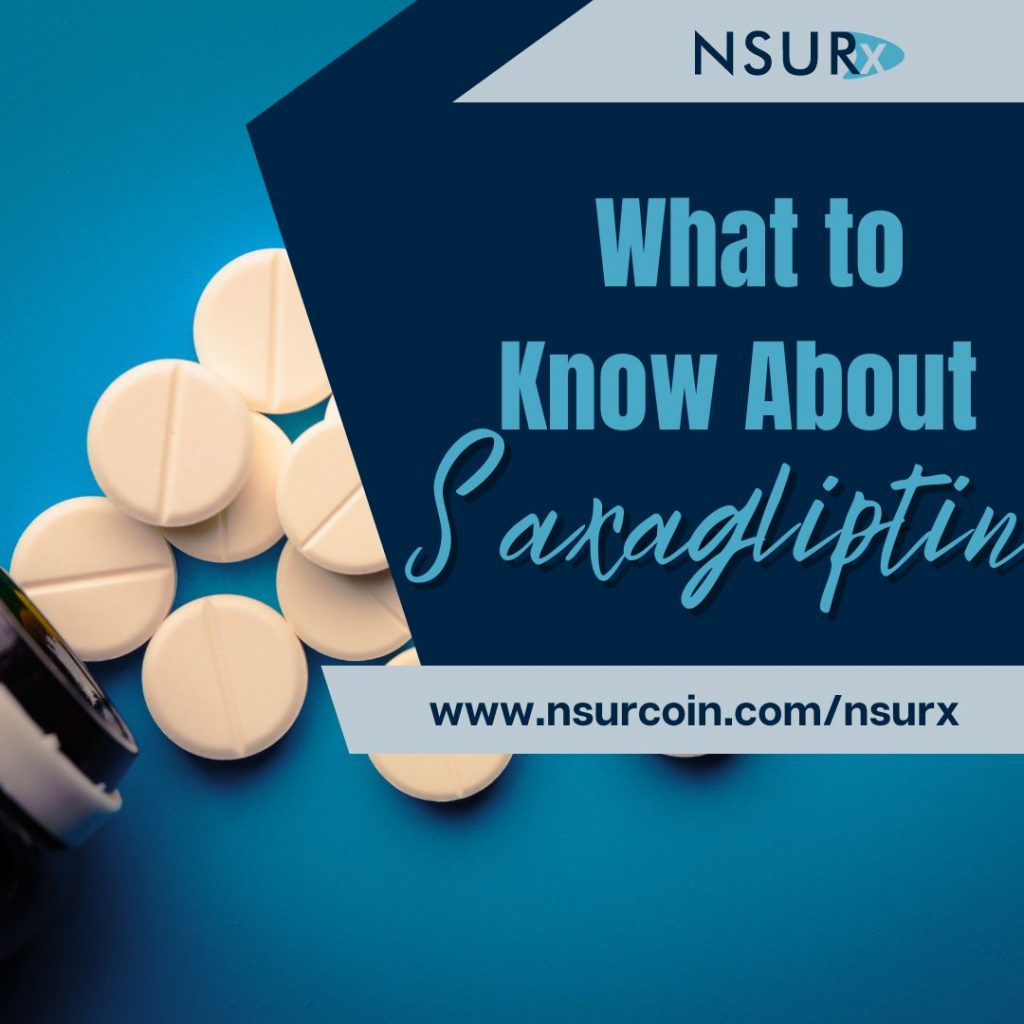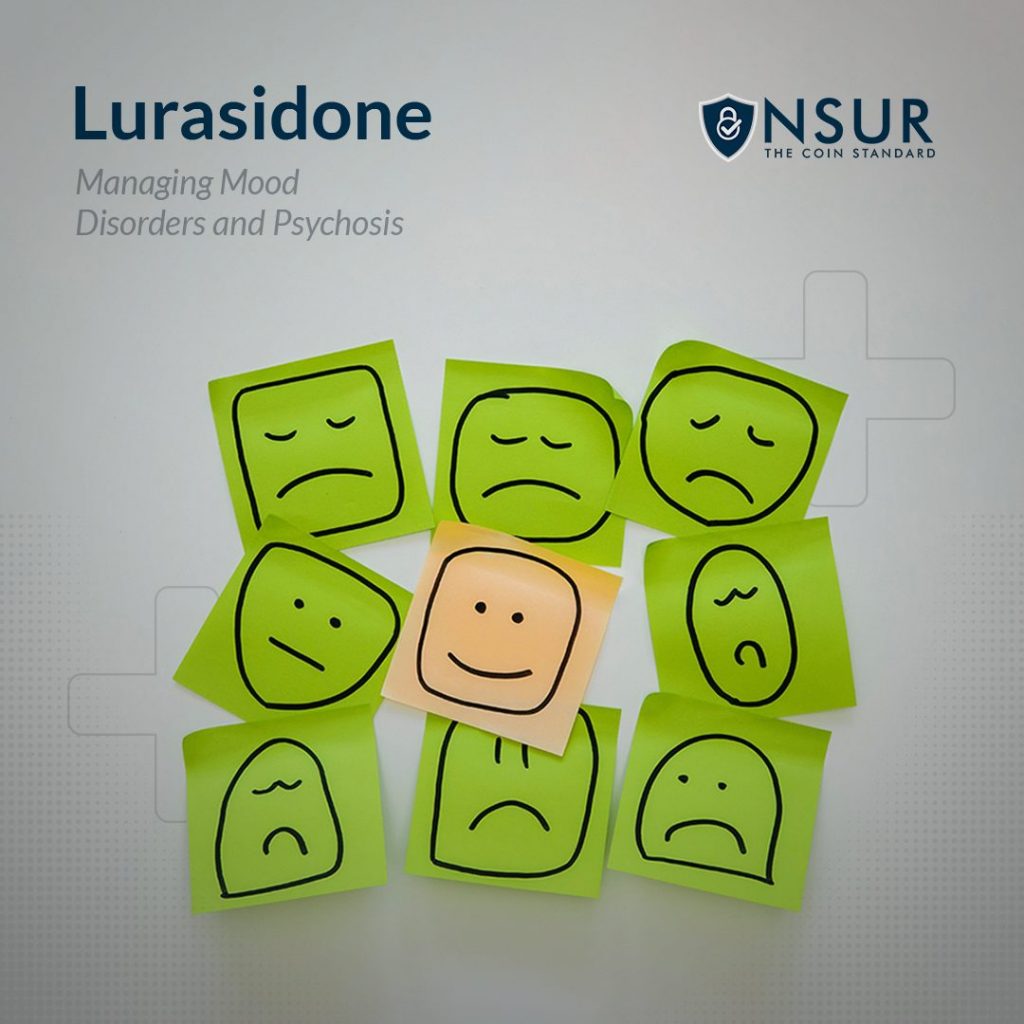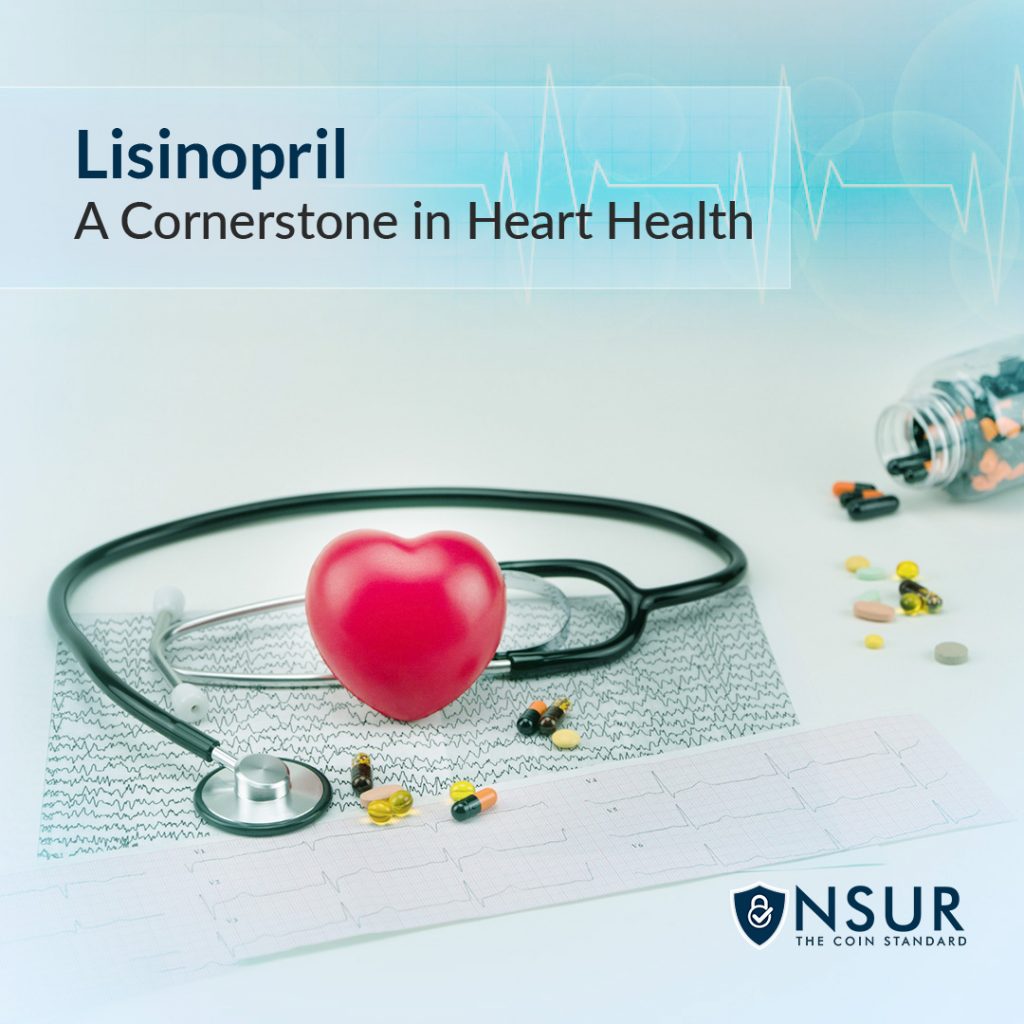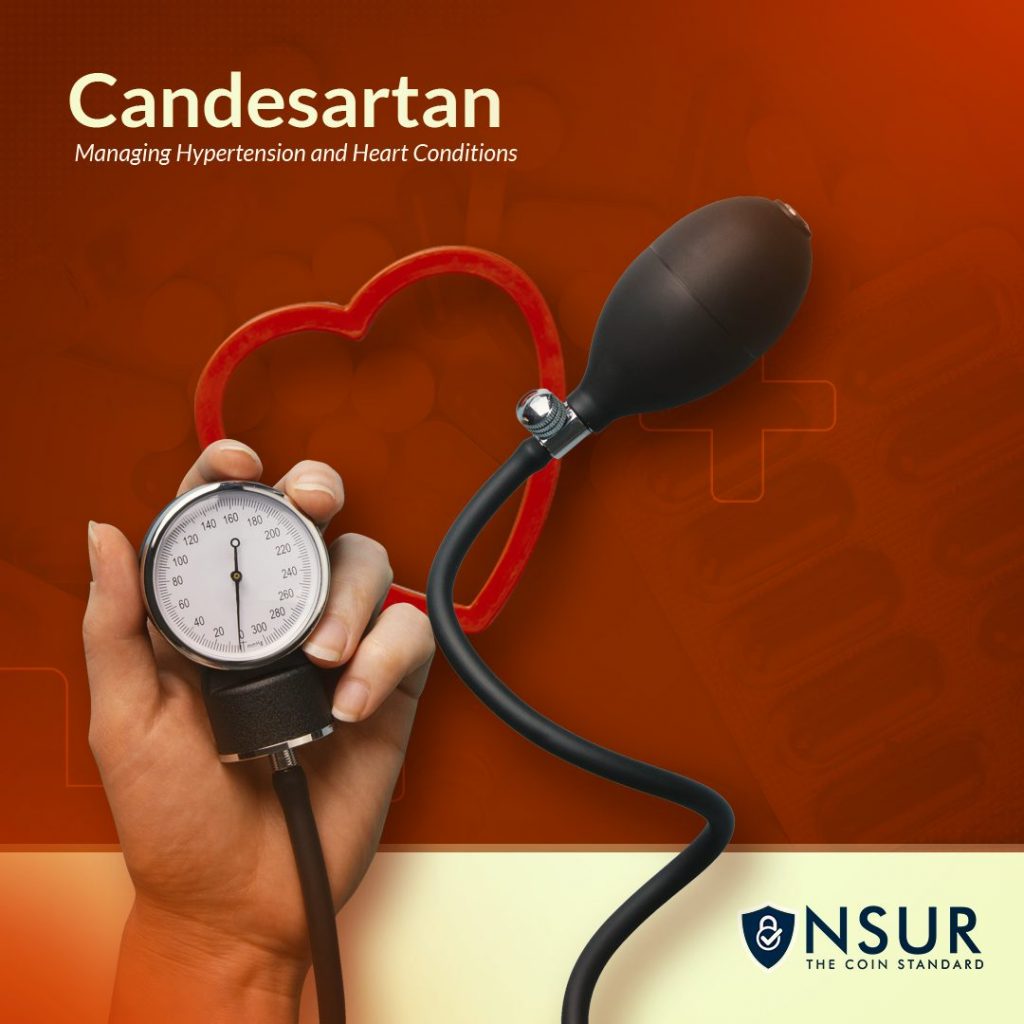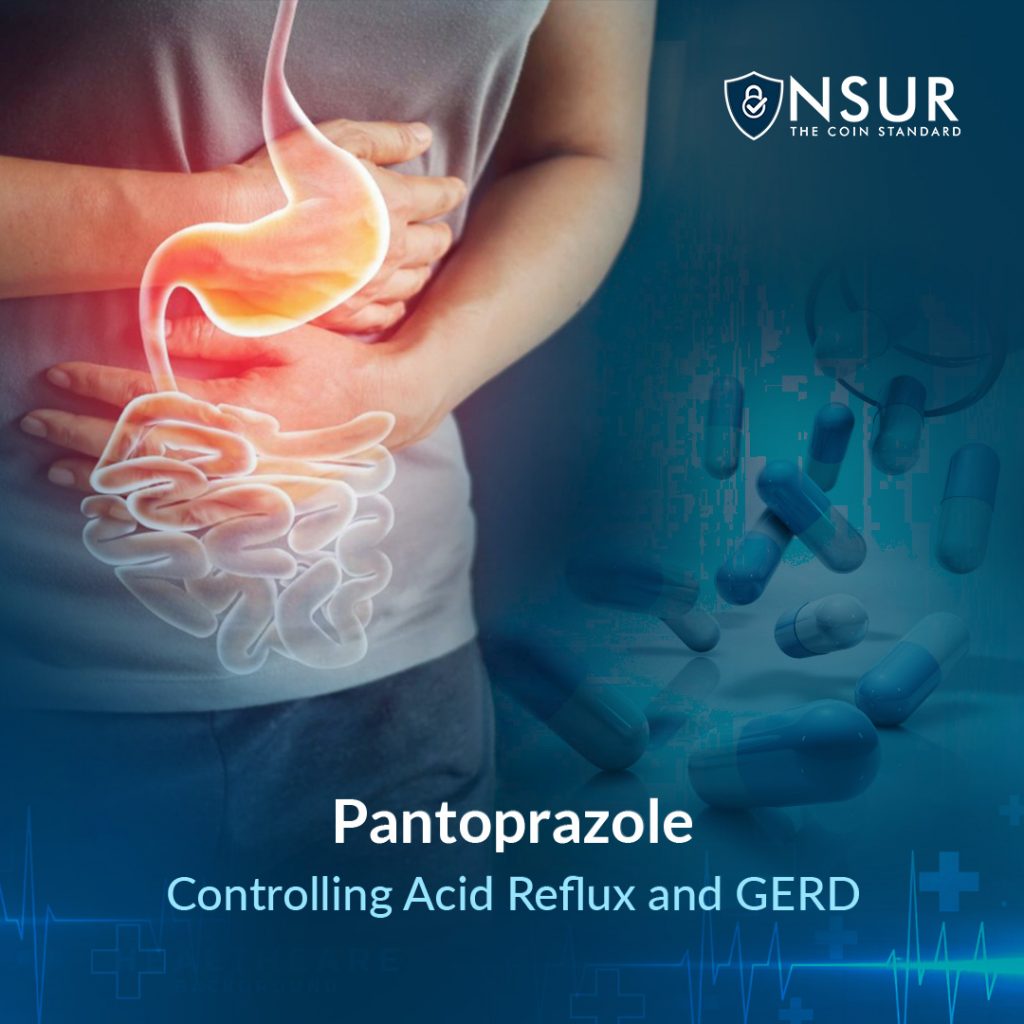
Acid reflux and Gastroesophageal Reflux Disease (GERD) can be agonizing conditions. The burning sensation in your chest and the bitter taste of acid in your mouth can make daily life a challenge. Fortunately, there are pharmaceutical remedies available, and among the most effective is Pantoprazole. In this article, we’ll delve into how Pantoprazole works to control these conditions and the critical information you need to know about its consumption.
What is Pantoprazole?
Pantoprazole is a proton pump inhibitor (PPI). It functions by reducing the amount of acid produced by the stomach. By decreasing stomach acid, it can alleviate the symptoms of acid reflux and GERD and heal the damage to the lower esophagus caused by acid reflux.
How Does Pantoprazole Work?
To understand how Pantoprazole works, it’s essential to grasp how acid is produced in the stomach. The parietal cells in the stomach lining contain proton pumps that produce gastric acid. Pantoprazole specifically targets these pumps and inhibits their activity. The result? A significant reduction in stomach acidity.
How to Take Pantoprazole?
Pantoprazole typically comes in the form of a delayed-release tablet or as granules for oral suspension. It’s important to follow your physician’s recommendations on how to take the medication. Most commonly, the medication is taken before a meal, usually in the morning. Swallow the tablet whole with a full glass of water; do not crush, chew, or split the pill.
For those using the oral suspension form, the granules are mixed with applesauce or juice. Once mixed, it should be taken immediately and should not be saved for later use.
Side Effects and Precautions
Like all medications, Pantoprazole is not without its side effects. Common side effects include:
- Headache
- Diarrhea
- Stomach pain
- Nausea or vomiting
- Gas
More severe side effects are rare but can include:
- Joint pain
- Rashes or allergic reactions
- Kidney disease
- Stomach cancer in long-term users
It’s crucial to inform your healthcare provider if you notice any of these symptoms. Furthermore, those on Pantoprazole for extended periods should be monitored for vitamin B12 deficiency, as reduced stomach acid can decrease the absorption of this vitamin.
Take advantage of NSURx for your prescription drugs!
With the NSURx Prescription Benefit Card, you can save money on your medications at more than 35,000 pharmacies across the United States.
You can save up to 80% on your medication by using an NSURx card. Hundreds of dollars in savings could be yours every time you fill out your prescription.
The more you shop with NSURx, the more NSUR Coins you will receive as a reward.
Final Thoughts
Pantoprazole has proven to be an invaluable tool in the management of acid reflux and GERD. By targeting the root cause of these conditions — excessive stomach acid — it offers relief to millions of sufferers worldwide.
However, like any medication, it’s essential to be informed about its usage, potential side effects, and necessary precautions. Always communicate with your healthcare provider to ensure Pantoprazole is right for you, and to monitor your health while on the medication.
Disclaimer
This blog post is intended for informational purposes only and should not be considered a substitute for professional medical advice. Always consult with a qualified healthcare provider for personalized recommendations and guidance.
